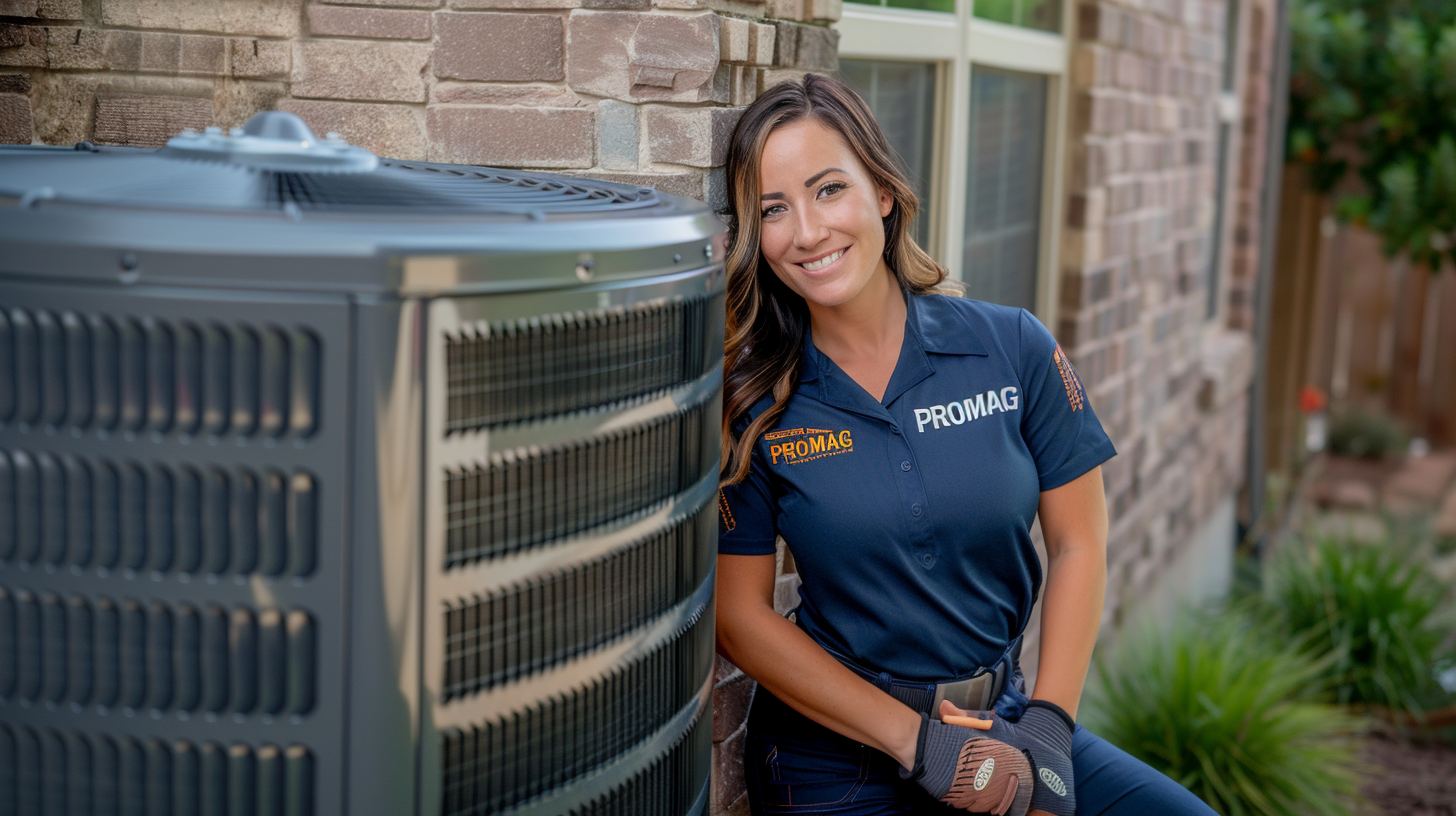Energy-Efficient A/c Systems to Save Money On Energy Expenses
As power expenses proceed to rise, the value of energy-efficient HVAC systems comes to be increasingly noticeable. These systems not only guarantee significant savings on energy bills yet likewise contribute to an extra sustainable future by lessening energy consumption.
Advantages of Energy-Efficient A/c Systems
Energy-efficient cooling and heating systems offer countless benefits that extend beyond simple expense financial savings. One considerable benefit is the decreased ecological impact. By consuming much less energy, these systems contribute to decrease greenhouse gas emissions, helping to deal with climate change and advertise sustainability. This straightens with boosting societal demands for environmentally friendly techniques in residential and commercial setups.
In addition, energy-efficient HVAC systems usually provide enhanced comfort levels. A lot of these systems include advanced technology that allows for much better temperature control and enhanced air high quality (DMAKS HVAC). This results in a healthier interior atmosphere, which is especially crucial for people with allergic reactions or breathing issues
Furthermore, buying energy-efficient heating and cooling systems can boost residential property worth. As even more consumers prioritize power efficiency, homes and structures outfitted with these systems might draw in greater bids in the realty market.
Kinds of Energy-Efficient A/c Options
Exactly how can homeowners and companies select one of the most appropriate energy-efficient heating and cooling choices for their needs? The marketplace supplies a range of energy-efficient a/c systems, each designed to improve comfort while decreasing energy intake.
One choice is the variable cooling agent flow (VRF) system, which effectively controls the temperature level in multiple zones within a building. This system adjusts its cooling agent flow to match the wanted temperature level, causing significant energy savings.
Another preferred option is geothermal heatpump, which make use of the planet's stable temperature level to warmth and trendy rooms. By moving warmth to and from the ground, these systems demonstrate remarkable efficiency, specifically in modest environments.
Furthermore, ductless mini-split systems offer an energy-efficient choice for homes doing not have ductwork. These systems enable zone-specific home heating and air conditioning, decreasing energy waste in vacant areas.
Last but not least, high-efficiency heating systems and air conditioning system, with advanced SEER and AFUE scores, supply trusted climate control while eating much less power than standard models. By reviewing these alternatives, home owners and businesses can pick a cooling and heating system customized to their details needs and power effectiveness goals.
Key Attributes to Take Into Consideration

Following, investigate the kind of compressor utilized in the system. DMAKS HVAC. Variable-speed compressors can readjust their result to match the home heating or cooling need, resulting in boosted convenience and power cost savings compared to single-speed designs. Furthermore, look for systems equipped with smart thermostats that supply programmable settings and remote accessibility, enabling much better control over power consumption
One more critical feature is the system's air purification ability. High-efficiency filters can enhance interior air top quality and lower power intake by guaranteeing the system runs successfully. Furthermore, consider the kind of cooling agent made use of; modern-day systems usually use eco-friendly refrigerants that have a find this reduced ecological influence.
Finally, guarantee that the system works with zoning modern technology, which permits customized temperature level control in various areas of your home, enhancing convenience while lessening energy usage.
Tips for Picking the Right System


Next, consider power performance scores, especially the Seasonal Power Efficiency Ratio (SEER) for cooling down systems and the Annual Fuel Usage Effectiveness (AFUE) for heating systems. Greater scores indicate better performance, which can cause substantial cost savings on utility costs over time.
Additionally, evaluate the kind of heating and cooling system that best fits your way of life and budget plan. Alternatives include central air, ductless mini-splits, and heatpump, each with its own collection of benefits and disadvantages.
Don't ignore the significance of correct installment and sizing; an improperly sized system can lead click resources to ineffectiveness and increased wear. Last but not least, speak with a professional cooling and heating specialist to obtain skilled recommendations customized to your home's distinct needs. This thorough technique will certainly guarantee that you choose an energy-efficient HVAC system that satisfies your demands and budget plan properly.
Maintenance for Optimal Effectiveness
As soon as the appropriate heating and cooling system is in area, recurring maintenance you can check here becomes essential to making sure optimum performance and longevity. A well-maintained system operates better, resulting in reduced power intake and lowered energy bills. Regular evaluations and tune-ups ought to be scheduled at the very least two times a year-- when prior to the air conditioning period and as soon as prior to the home heating period.

House owners must likewise be vigilant regarding checking their heating and cooling system's performance. Uncommon sounds, changing temperature levels, or enhanced power costs can indicate underlying problems that call for immediate interest. By attending to these worries without delay, homeowners can prevent expensive fixings and extend the life-span of their systems.
Investing in a maintenance strategy with a certified technician not just enhances effectiveness however additionally provides assurance, recognizing that the system is operating at its finest. DMAKS HVAC. Normal upkeep is therefore vital for sustaining power performance and reducing overall operational expenses
Final Thought
To conclude, energy-efficient a/c systems offer a viable solution for decreasing energy bills while improving comfort and air high quality. By integrating sophisticated innovations and options such as geothermal heatpump and ductless mini-splits, homeowner can accomplish significant energy financial savings and add to ecological sustainability. Careful factor to consider of system attributes and recurring maintenance further guarantees optimal performance, making energy-efficient systems a sensible financial investment for both financial and ecological benefits.